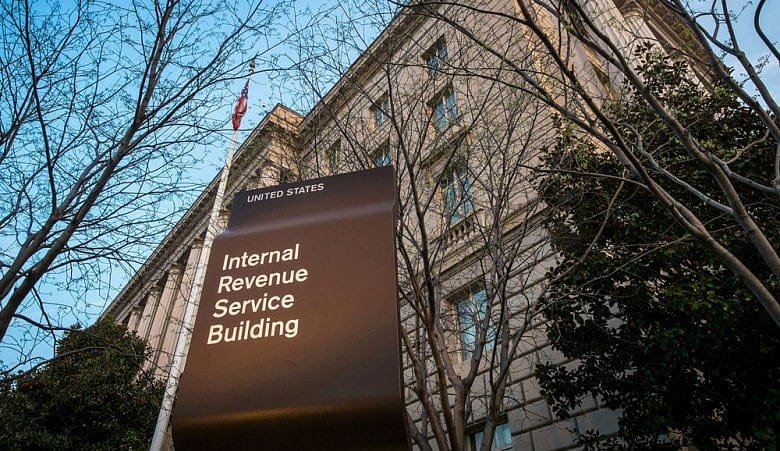Treasury Secretary: Don’t blame IRS for its ‘bad performance record’

(CNSNews.com) – "I find it unacceptable to preside over an agency that has no choice but to have such a bad performance record, because it doesn't have people answering the phones," Treasury Secretary Jack Lew told Congress on Tuesday.
"You go to the call centers, and there are empty seats. That's why the phones don't get answered." He called it "terrible."

